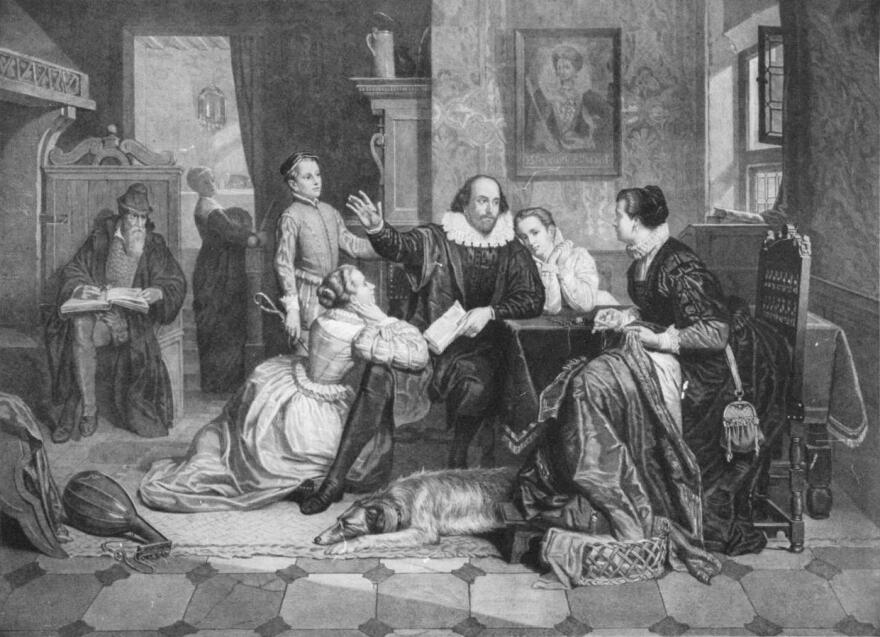This is Leslie VonHolten of Lawrence with another HPPR Radio Readers’ Book Byte.
My father-in-law was a quiet, devout farmer who raised corn, hogs, and three beautiful sons on the flat plains of Illinois. When he retired, he worked three part-time jobs: He helped Doc, the veterinarian, with his hog farm; he worked the vineyards at a nearby winery; and on Saturdays, he manned the town’s recycling center.
He was a man who was going to die with his boots on. So it was heartbreaking for us, and infuriating for him, when Parkinson’s disease started to fade him away.
It was during this sad period when my husband bought Roz Chast’s graphic novel, Can’t We Talk About Something More Pleasant? We thought it would be funny because we think Roz Chast is funny. What we didn’t expect was for it to be our life preserver. It gave us something to hold onto while we tried to stay afloat in those tumultuous waters. We were raising teenagers and caring for aging parents, the whole time doing our best to look away from the obvious. But some days, something would happen to us that also happened to Chast, and we would make eye contact from across the room, and we would both know: This is ridiculous! And soon it will be us!
Like all of you Radio Readers, I have lines from books that I hold close. Special turns of phrase that work as beams of light across the choppy seas of life. I hang onto these lines as truths, comforting context that helps me understand: This, right here, what’s happening? It’s not new. Others have been here before.
When it comes to our twilight years, I like to think of it not as sad, but as another poetic phase of life. I love most Shakespeare’s line: “Devouring Time, blunt thou the lion’s paws.”
Or when I am grieving, there is Langston Hughes: “Wave of sorrow, do not drown me now…”
And days when it’s all falling apart, it’s Charles de Gaulle—who was not a poet, I know: “Old age is a shipwreck!”
Roz Chast is not this kind of writer. Her power, to me, is in drawing and some of these frames are now etched in my mind to comfort me, too. Her exasperation, her depression, her embarrassment are so perfectly rendered in these anxious marks. For her, visual art is the language.
That said, in Can’t We Talk About Something More Pleasant?, she makes an observation about her parents that liberates me: on page 28, she says, “Old age didn’t change their basic personalities. If anything, it intensified what was already there.”
Of course, this was burdensome for Roz—her father “chain-worrying,” being paralyzed by neurotic what-ifs. Her mother remaining stubbornly withholding with her until the bitter end.
But knowing that old age will make me more me, releasing eccentricities that I’ve spent untold amounts of energy and expense tempering—well, this is joyous news. How will I get intensified and weird? Time will tell. But this book has given me something to look forward to!







